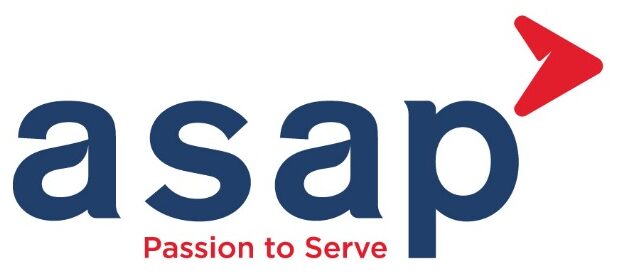Reward and Recognition
Rewards: Rewards are tangible incentives given to employees for their performance, accomplishments, or milestones achieved. These can include monetary bonuses, gift cards, extra time off, travel opportunities, or non-monetary rewards like recognition plaques or certificates. Rewards are typically tied to specific goals, objectives, or performance metrics, and they serve to motivate employees to maintain or exceed their performance levels.
Recognition: Recognition is the acknowledgment and appreciation of an individual or team’s efforts, achievements, or contributions. It can be both formal and informal, ranging from public praise during team meetings or company-wide announcements to more structured programs such as “Employee of the Month” awards or peer-to-peer recognition systems. Recognition fosters a positive work environment, boosts morale, and reinforces desired behaviors by demonstrating that employees’ efforts are valued and appreciated.
Effective reward and recognition programs should be:
- Aligned with Organizational Goals: Rewards and recognition initiatives should support the organization’s mission, values, and strategic objectives.
- Fair and Transparent: Criteria for rewards and recognition should be clearly communicated and applied consistently to ensure fairness and avoid perceptions of favoritism.
- Timely: Rewards and recognition should be timely, meaning they should be delivered promptly after the desired behavior or achievement occurs to reinforce its importance.
- Meaningful: Rewards and recognition should be meaningful and personalized, taking into account individual preferences and motivations.
- Continuous: Rather than being a one-time event, rewards and recognition should be ongoing and integrated into the day-to-day operations of the organization to sustain motivation and engagement over time.

